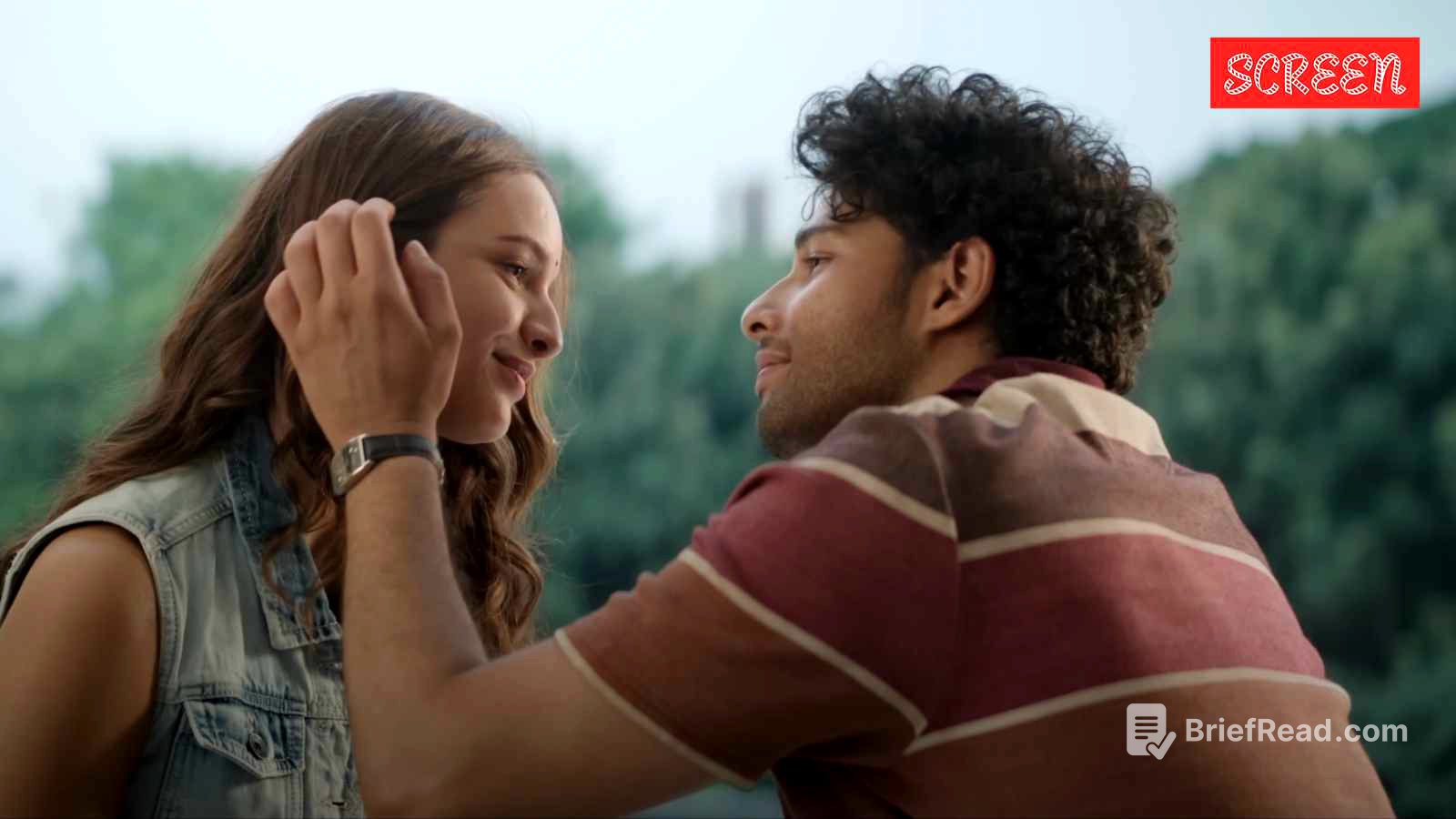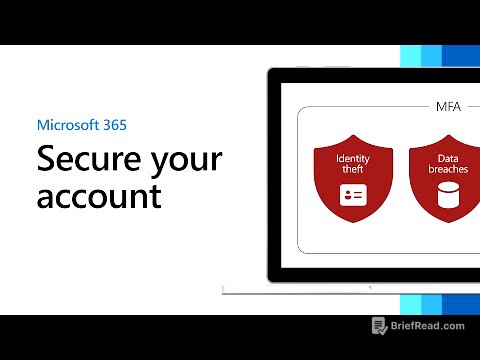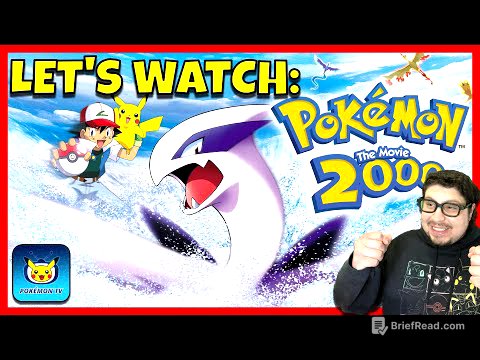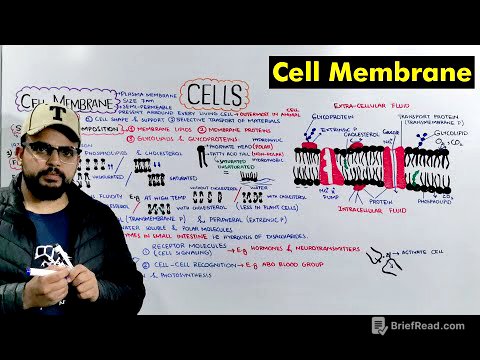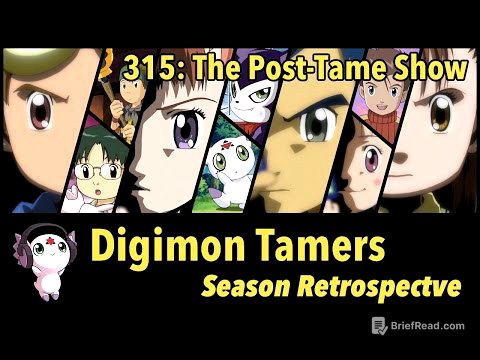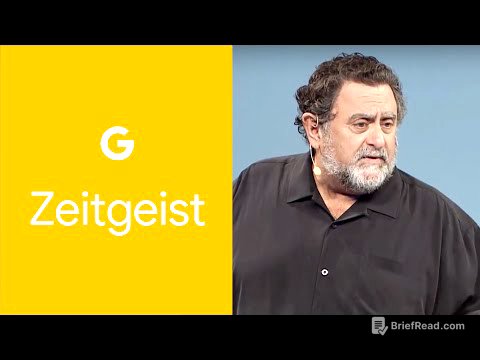TLDR;
This YouTube video features a debate between Sadeq Zibakalam, a professor at the University of Tehran, and Bijan Kian, a former advisor to Trump, regarding the future of the ceasefire between Iran and Israel. The discussion covers the definition of war, the motivations behind Israel's actions, the potential for regime change in Iran, and the impact of the conflict on democracy. Key points include:
- The definition of war and whether the recent conflict qualifies as such.
- Motivations and implications of Israel's military operations, including the attack on Evin Prison.
- The potential for regime change in Iran and the role of external actors like Russia and the United States.
- The impact of the conflict on democracy and the possibility of national solidarity.
Introduction [0:01]
Ahmad Vakhshite hosts a debate on Instagram between Sadeq Zibakalam and Bijan Kian about the future of the ceasefire between Iran and Israel, following a 12-day war. Zibakalam, who previously anticipated an agreement between Iran and the U.S., and Kian, with opposing views, discuss the conflict's implications.
Greetings and Initial Remarks [1:14]
Ahmad Vakhshite greets Dr. Ziba Kalam and Mr. Kian, acknowledging their recent bout with Corona. Mr. Kian jokes about America's lag in overcoming Corona compared to Iran. The conversation begins with a lighthearted exchange before transitioning to the debate's core topic.
Debate's Focus and Poster Discussion [3:20]
The discussion shifts to the recent conflict between Iran and Israel. Ahmad reflects on their monthly live broadcasts and apologizes for a poster depicting the flags of the Islamic Republic and Israel, which some might find offensive. Mr. Kian suggests altering the poster to represent the Iranian people's opposition to the Islamic Republic, sparking a debate about representation and perspective.
Defining the Conflict: War or Military Operation? [9:49]
Mr. Kian defers to Dr. Ziba Kalam to begin the discussion. Dr. Ziba Kalam expresses condolences for the victims of the conflict. He then references his previous bets against a war occurring and states that the recent events do not constitute a full-scale war, as Iran's infrastructure remains largely intact. He questions the targeting of Evin Prison and seeks clarification on its strategic significance.
Analyzing Israel's Actions and Motivations [18:52]
Ahmad asks Mr. Kian if Israel is seeking war or conducting a military operation, and what their goals are. Mr. Kian responds by questioning why some Iranians align themselves with figures like Trump or Netanyahu. He argues that many Iranians oppose the Islamic Republic and that Israel's actions are seen as protecting its interests against an existential threat.
The Opposition's Perspective and the Definition of War [25:17]
Mr. Kian continues, stating that the definition of war has evolved beyond traditional notions of territorial conquest. He suggests that modern warfare involves changing minds and behaviors, referencing Trump's strategies against Khamenei. He defends Israel's actions as self-preservation and highlights America's legal support for Israel.
Evin Prison and the Islamic Republic's Credibility [29:03]
Mr. Kian addresses the attack on Evin Prison, questioning the logic behind it and the credibility of the Islamic Republic's statistics regarding casualties. He emphasizes the importance of acknowledging the Islamic Republic's lies and the reasons for people being imprisoned in Evin.
Comparing Israel and the Islamic Republic [31:28]
Ahmad seeks Dr. Zibakalam's opinion on whether Israel is comparable to the Islamic Republic. He suggests that both entities engage in actions that warrant criticism and that they may even complement each other in a way.
System Collapse Syndrome [32:32]
Dr. Zibakalam introduces the concept of "System Collapse Syndrome," noting that the opposition often focuses solely on the imminent collapse of the Islamic Republic. He argues that this perspective overlooks the complexities of the situation and the need for a more nuanced approach.
The Moral Dilemma of Opposing a Government [37:31]
Dr. Zibakalam raises the question of whether opposing a government morally justifies aligning with foreign enemies. He references historical examples and emphasizes the importance of maintaining a critical distance from external actors, even when deeply dissatisfied with the current regime.
Public Opinion and Potential Alliances [43:22]
Dr. Zibakalam suggests conducting a survey to gauge public opinion on whether Iranians would support Israel or America in an attack. He believes that many Iranians would not side with foreign powers, regardless of their grievances with the Islamic Republic.
The Role of the Opposition and External Influence [45:58]
Ahmad proposes a third reading, suggesting that many Iranians are against both the Islamic Republic and Israel, and simply want the conflict to end. He questions whether the actions of the opposition abroad, such as forming alliances with controversial figures, have inadvertently strengthened the Islamic Republic's position.
The Iranian People's Perspective [51:13]
Mr. Kian argues that the Iranian people overwhelmingly hate the Islamic Republic and its symbols. He criticizes Dr. Zibakalam for not explicitly condemning the regime and for not acknowledging the extent of public discontent.
The War's Impact and Potential Outcomes [57:25]
Ahmad suggests that the war is radicalizing the atmosphere and potentially strengthening the Islamic Republic's grip on power. He questions whether this radicalization will ultimately lead to democracy in Iran.
Historical Parallels and the IRGC's Loyalty [1:01:14]
Dr. Zibakalam draws a parallel to General Robert Heiser's role in the Iranian Revolution, questioning whether a similar figure could influence the IRGC commanders today. He acknowledges that the IRGC commanders genuinely believe in Ayatollah Khamenei, making such influence unlikely.
Radicalization and Social Effects [1:04:37]
Dr. Zibakalam notes that the conflict has led to increased radicalism and a sense of insecurity in Iranian society. He expresses concern that these trends are detrimental to democracy.
The Potential for National Solidarity [1:07:45]
Dr. Zibakalam expresses hope that the conflict may lead to a sense of national solidarity, which could prompt the government to ease restrictions and promote civil liberties. He believes that such reforms would be essential for long-term stability.
Israel's Objectives and Future Actions [1:11:34]
Ahmad asks Dr. Zibakalam whether Israel is pursuing regime change in Iran. Dr. Zibakalam believes that Israel initially hoped its attacks would trigger popular uprisings, but this did not happen. He suggests that Israel and the U.S. should abandon this hope and seek a political solution through negotiations.
The Role of External Actors and Potential Scenarios [1:18:27]
Dr. Zibakalam envisions a scenario similar to southern Lebanon, where Israel could conduct periodic attacks in response to perceived threats. He emphasizes the need for a political solution to Iran's nuclear program and highlights Russia's opposition to regime change in Iran.
Concluding Remarks and Future Outlook [1:25:21]
The discussion concludes with a reflection on the debate's key points and a call for continued dialogue. The participants acknowledge the complexities of the situation and the need for a nuanced understanding of the various perspectives involved.

